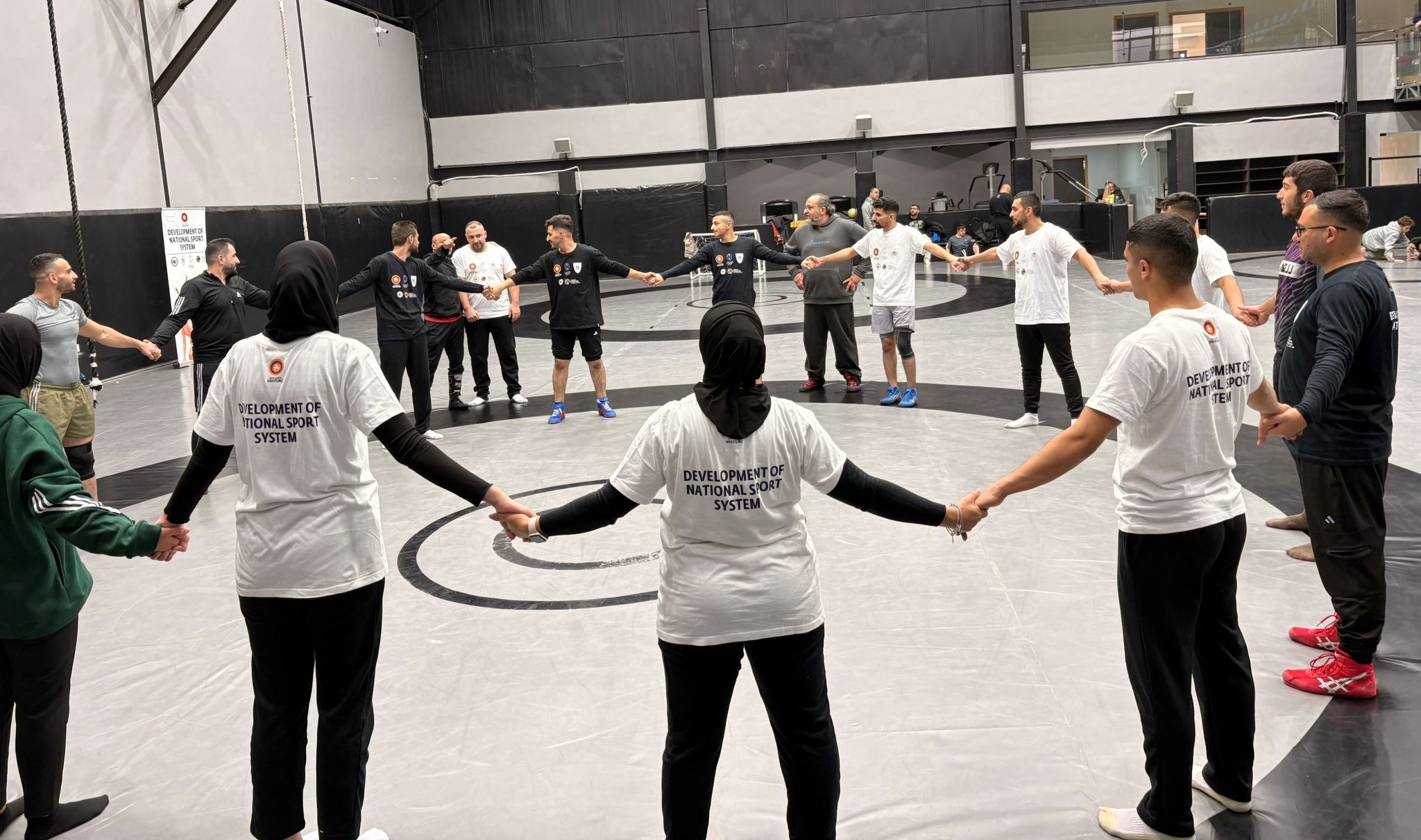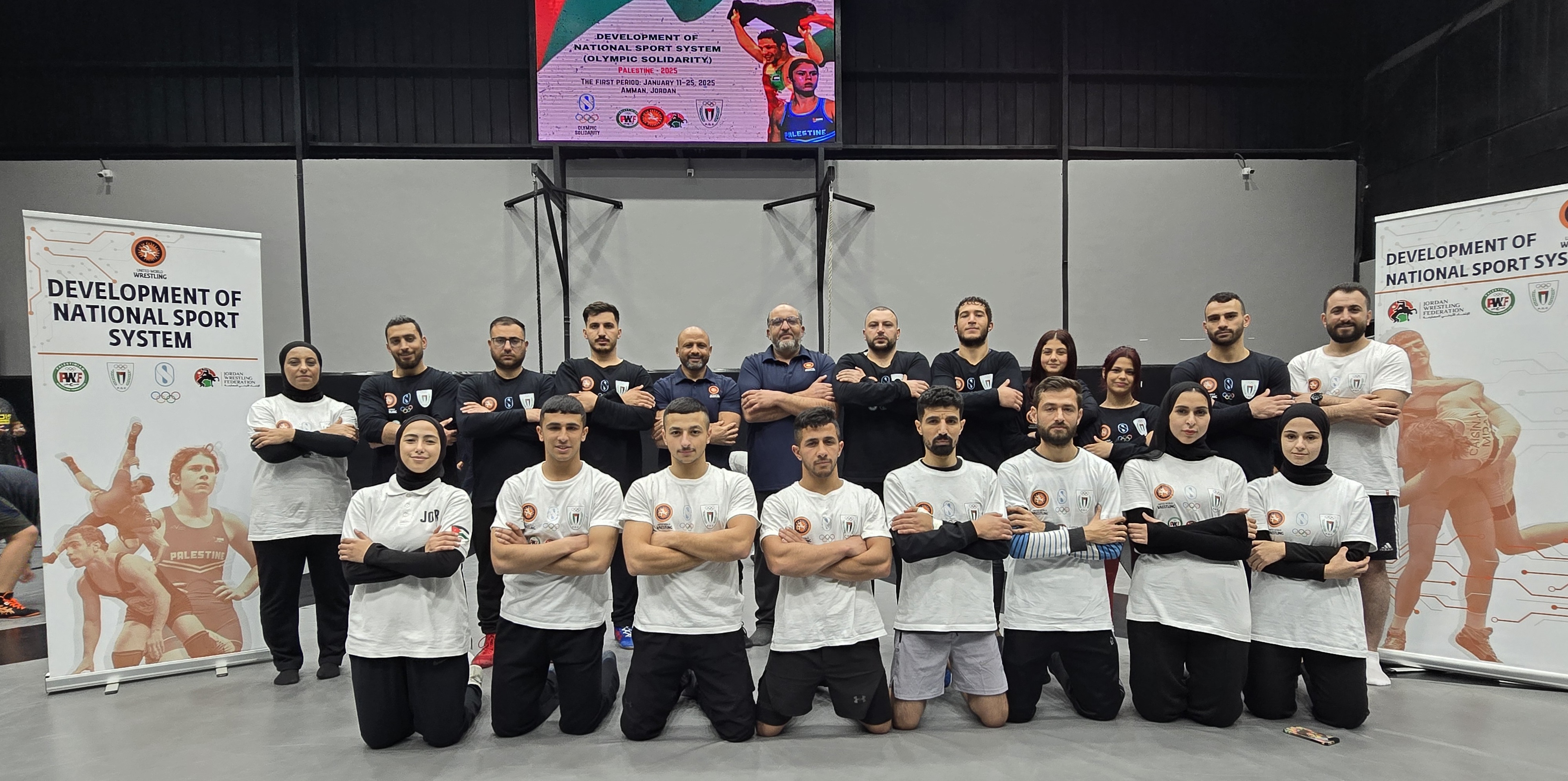UWW-KIMBA partnership helps Ahinsa win Sri Lanka’s first CWG medal
Wednesday, August 17, 2022 - 11:03 By United World Wrestling Press

CORSIER-SUR-VEVEY, Switzerland (August 17): The Commonwealth Games in Birmingham, which concluded on August 8, saw some thrilling wrestling action, with athletes from 10 countries finishing on the podium. New rivalries were established in the process and history was rewritten, the latter being true in the case of one wrestler in particular.
Nethmi AHINSA (SRI) won the bronze medal in the women’s freestyle 57kg category, sharing the podium with Hannah TAYLOR (CAN), who also won a bronze, silver medal winner Anshu MALIK (IND) and gold medallist from Odunayo ADEKUOROYE (NGR).
For Ahinsa and her country, though, the medal will hold a special significance. The bronze, after all, was Sri Lanka’s first medal in wrestling at the Commonwealth Games. And Ahinsa, only 18 years old, was the youngest to win a medal.
Ahinsa’s medal is also a testimony to the success of the UWW’s developmental programs.
Ahinsa had been a part of the Crysbro Next Champ Program, which is run by the National Olympic Committee of Sri Lanka. As a part of the program, the schoolgirl from the country’s North Western Province was sent to Hungary, where she got exposure to training and competing with some of the top-level athletes.
 Nethmi AHINSA (SRI) won a bronze medal in the 57kg weight class in Birmingham.
Nethmi AHINSA (SRI) won a bronze medal in the 57kg weight class in Birmingham.
The UWW funded and supported her three-month training program at its partner center in Hungary, the Kozma István Hungarian Wrestling Academy (KIMBA), in collaboration with the NOC of Sri Lanka, which expressed its gratitude towards UWW and KIMBA.
The partnership between UWW and KIMBA came to fruition during President Lalovic’s visit to Budapest, Hungary, last year in December. During his trip, a partnership was initiated with KIMBA for the global development of the sport. Under the agreement, it was decided that KIMBA would host several international wrestling events, training camps, seminars and other programs.
The positive impact of the collaboration is for all to see, and Ahinsa’s medal at the Commonwealth Games underlines the importance UWW places on such developmental programs.





Share your thoughts.
Comments